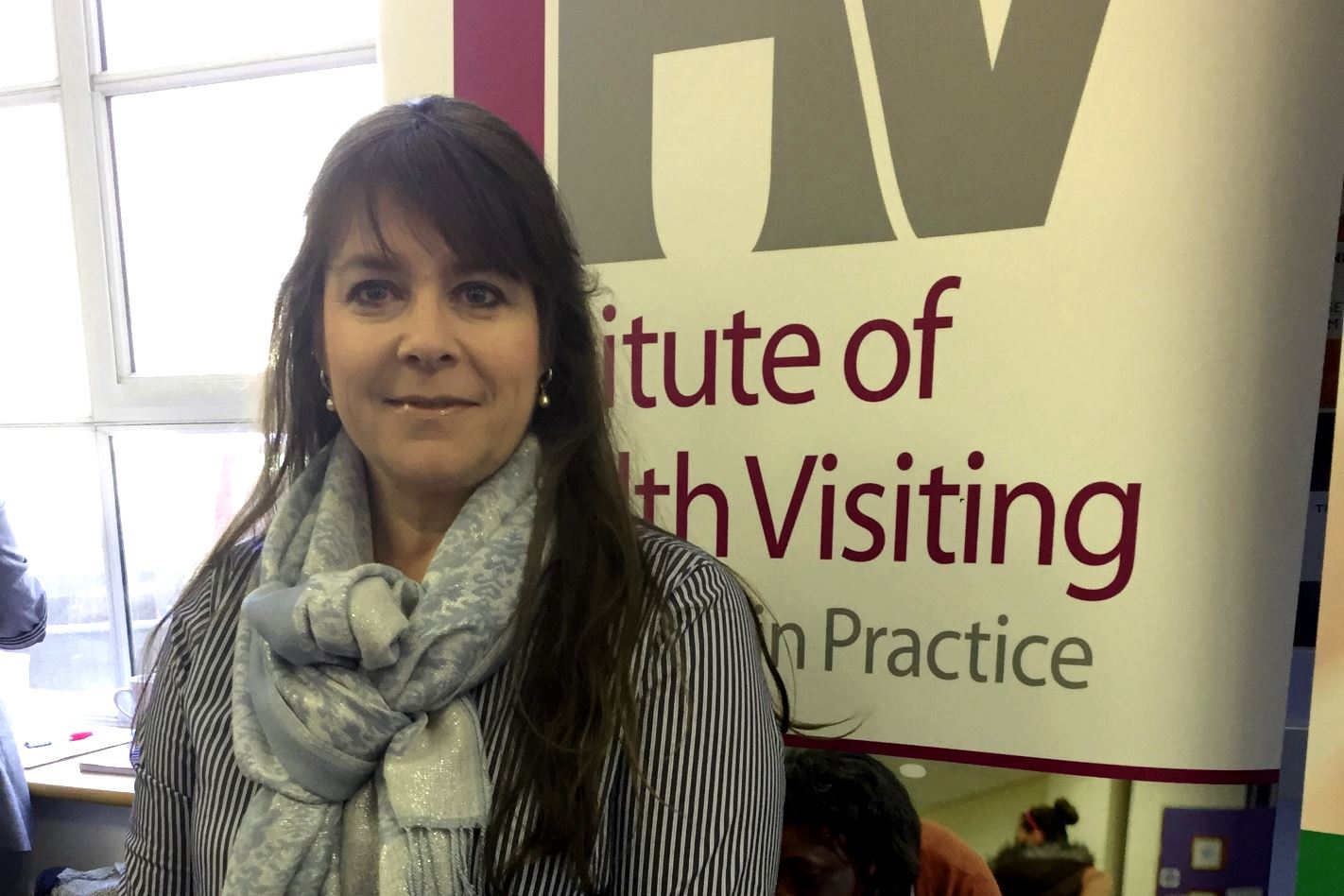20th March 2017
A reflective blog written by Helen Walker, a SCPHN student Health Visitor, on her attendance at the recent iHV ‘Mastering evidence-based practice in health visiting’ conference.
I am a student studying a Masters degree in Specialist Community Public Health Nursing (SCPHN) at Oxford Brookes University.
The plenary session at the recent iHV evidence-based practice conference invited questions, one was put forward by a commissioner of Specialist Community Public Health Services who enquired as to how health visitors viewed the challenges of ensuring that service-users received evidence-based information in the delivery of the Healthy Child Programme. The room was quiet at that point, but having discussed the issue raised at many points during all of the modules studied so far and also in practice, I felt it was important for students to have a voice in matters such as these.
I responded that as health visitors we are all required by the NMC to ensure that we deliver important public health messages based on a contemporaneous evidence base. The key component to integrated working practices highlights the importance of commissioners being aware of the service they are commissioning by seeing, as far as possible, what health visitors do on a daily basis; understanding the creative ways in which specialists in public health like health visitors are able to deliver key public health messages.
I see the value in peer review as a means of ensuring the delivery of evidence-based assessment and care. Furthermore, using an assets-based model, honesty and critique, for example 360-degree performance development practices, to highlight and cascade good practice is important in the delivery of key public health messages, identified within the six high impact areas.
Moreover, if the Healthy Child Programme is increasingly delivered by non-specialist individuals, in terms of the universal mandated contacts, opportunity may be missed to provide meaningful intervention underpinned by important public health knowledge by those specifically trained to deliver it.
Therefore, it becomes ever more important to utilise peer review and clinical supervision to reinforce use of evidence-based practices across the service that health visitors provide. Furthermore, it may also be considered noteworthy that shared and distributed leadership models may continue to pave the way to the delivery of safe, integrated, evidence-based high quality care to the vulnerable people who access our specialist services.
Helen Walker SCPHN student Health Visitor


